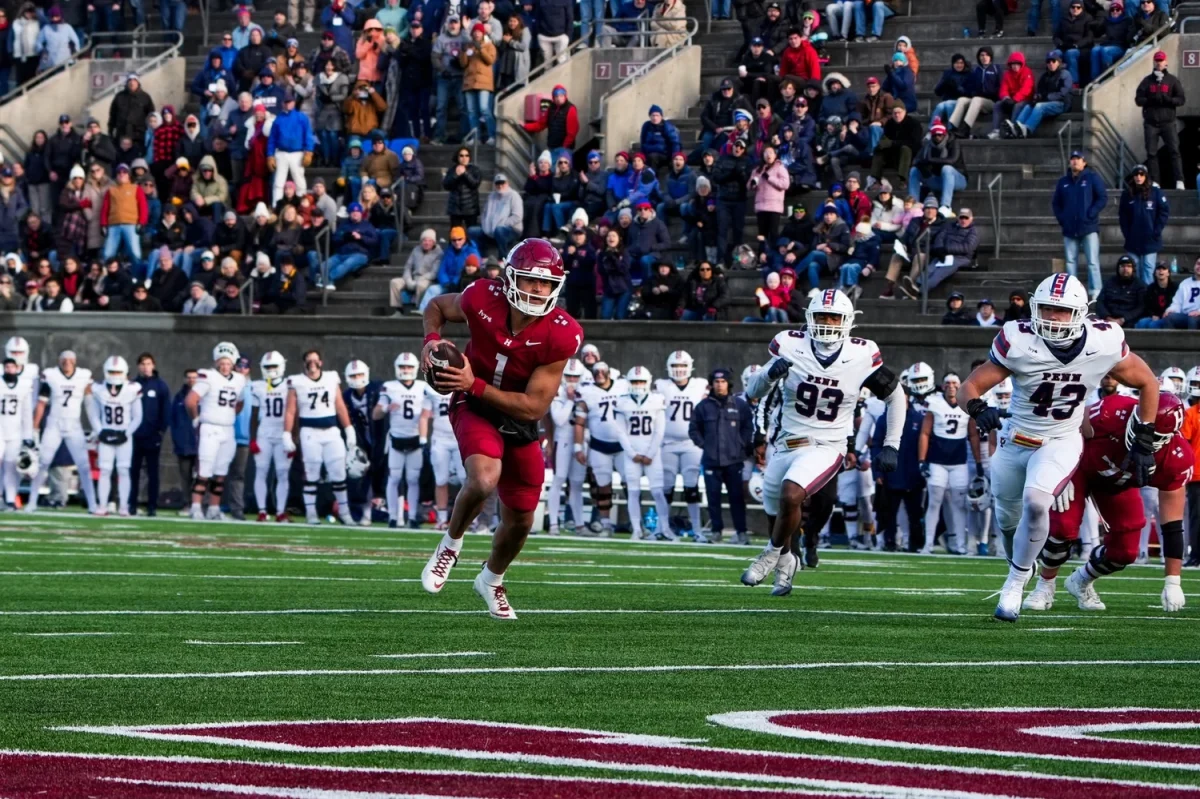TCU quarterback Casey Pachall withdrew from the university and entered an “inpatient care facility” head coach Gary Patterson announced at his weekly news conference Tuesday.
This was the best decision for Pachall, the football team and the university, Patterson said. It allows everyone involved a chance to heal and grow, he said.
“For all of you that think it’s always about wins and losses—wrong.” he said. “It’s about the kids.”
According to the police report, Officer Nathan Lehman witnessed Pachall, 21, failing to stop on Devitt Street before striking a curb with his right rear tire. Police arrested Pachall shortly after midnight Thursday morning on suspicion of driving with a blood alcohol content of greater than or equal to 0.15. The legal limit in Texas is 0.08.
Later that morning, Patterson announced in an email to the media that Pachall had been suspended indefinitely.
On Tuesday, Patterson said Pachall needed to step away from everything to change the path he was on.
The Brownwood native can come back to campus in the spring if he completes the recovery plan, Patterson said. Pachall has enough credits to graduate in two semesters when he returns, he said.
“Hopefully, what our plan is that he gets himself right and keeps the door open for us as far as an opportunity for him to be able to come back here and enroll in the spring,” he said.
“He’s got a whole lot more responsibility on his shoulders, and he needs to be responsible for himself” Stan Pachall, his father, said Thursday at the Mansfield Jail, where his son was being held. “Now, we’re going to start that journey, and we’ll see where it leads us.”
With Pachall out for the season, the team knows what they need to do to win with quarterbacks Trevone Boykin and Matt Brown, Patterson said.
“The one group that gets forgotten in this is this football team,” Patterson said. “There’s 125 guys on it and we’re just talking about one.”
Patterson and his wife, Kelsey, plan to donate $100,000 to the TCU Recovery Support Group, he said. The group started this semester and helps people deal with alcohol and drug-related problems.
Patterson said he wants to help the recovery group grow because alcohol is a big issue on college campuses.
“You got to change kids' lives and that’s what this is really all about,” he said.




